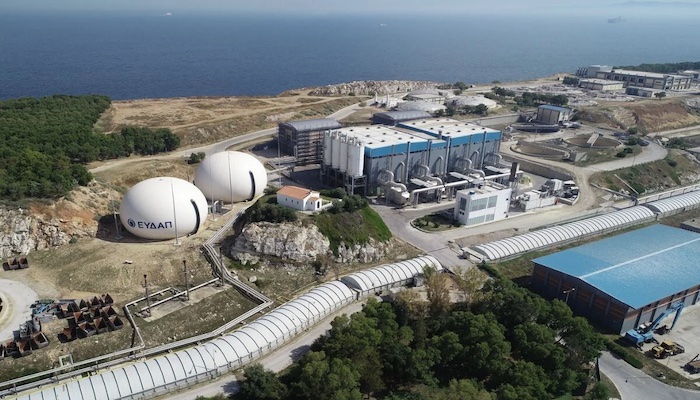
Greece has announced a €2.5 billion ($2.92 billion) investment plan to safeguard its water resources over the next 30 years, as the country battles prolonged drought and mounting pressure on dwindling supplies, Environment Minister Stavros Papastravrou said on Thursday.
Speaking at an event in Athens, Papastravrou warned that Greece faces the second most severe water stress in southern Europe after Cyprus, with its two largest cities — Athens and Thessaloniki — expected to be hardest hit.
“Greece will be facing the second most severe water stress in southern Europe after Cyprus,” he said.
The country, which consumes roughly 10 billion cubic metres of water annually, has experienced increasingly scorching summers and dry winters in recent years — a trend scientists attribute to rapid climate change. A major reservoir in central Greece, which supplies nearly half of the nation’s 10 million residents, has now dropped to its lowest level in decades.
According to Papastravrou, Greece’s annual water reserves have fallen by about 250 million cubic metres since 2022, with rainfall decreasing by 25%, evaporation increasing by 15%, and water consumption rising by 6%.
To address the growing crisis, the minister outlined a seven-point strategy focused on strengthening national water infrastructure. The plan includes funnelling water through tunnels from two tributaries to a western Greece reservoir, expanding desalination projects, and drilling new wells to secure enough water for Athens and other urban centres.
As part of broader reforms, Greece’s two largest water utilities, EYDAP and EYATH, will take over the irrigation grid currently managed by smaller local authorities. The move aims to modernise the country’s fragmented water management system and curb the enormous losses caused by leaky pipes.
“While Singapore and Israel are reusing every single drop twice or three times, our losses stand at 50%,” Papastravrou noted.
He added that Greece will also receive technical support from the European Commission to implement the ambitious long-term plan, which he described as vital to ensuring sustainable water access for future generations.
Melissa Enoch



